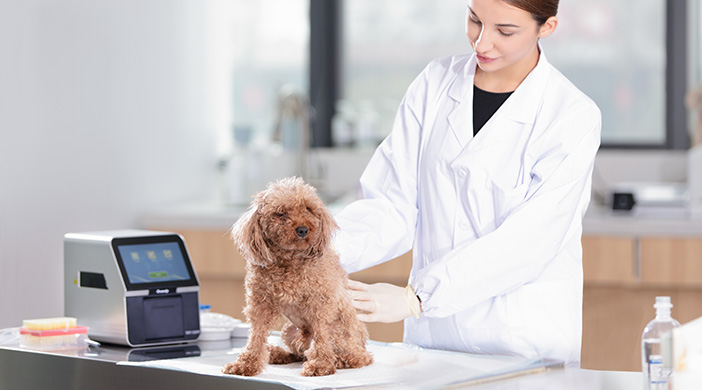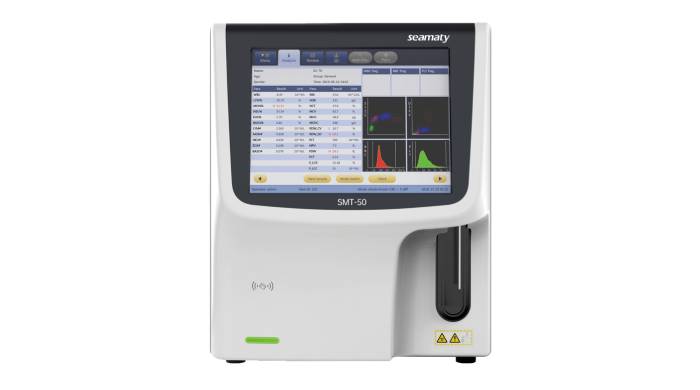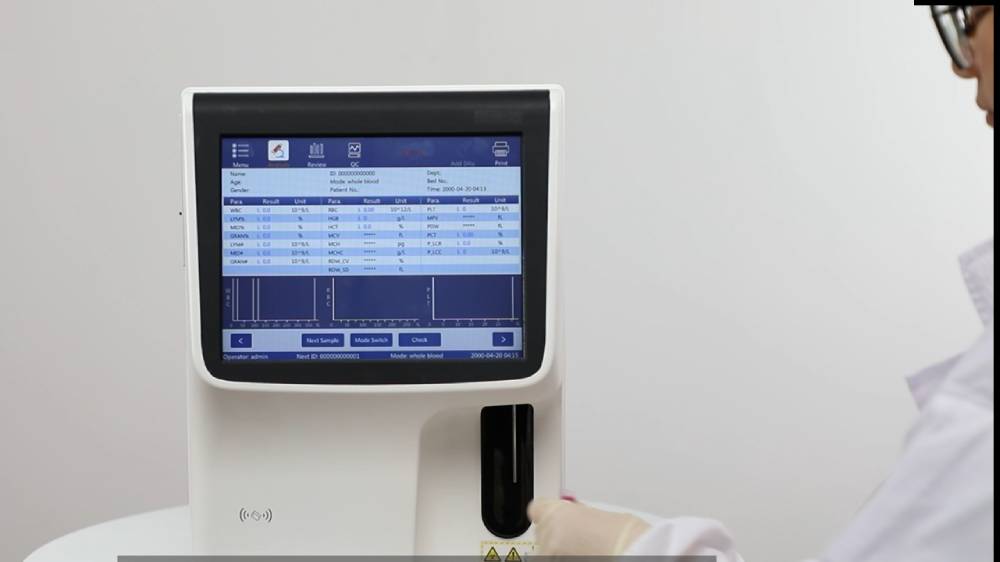release time:2021-11-17 10:50:56
Fine needle aspiration.

Dogs are prone to hypothyroidism when they get older. symptoms are fatness, skin disease, depressed expression, and possible neurological problems. Cats are prone to hypothyroidism as they get older, with symptoms such as extra excitement, hair loss, binge eating and drinking, and possible heart problems. Therefore, an older cat that is active is not necessarily rejuvenated, but may be ill. It is recommended that older pets be checked every year or two. It is best to have your pet checked if it has any of the above symptoms.

2022-09-29
A CBC test machine is a type of medical equipment that is used to measure the levels of red blood cells, white blood cells, and platelets in a person's blood. This information is important in order to diagnose and treat various medical conditions.

2022-07-20
Hematology Analyzer, also known as Blood Cell Analyzer or Blood Cell Counter, is mainly used for testing blood specimens. This instrument can qualitatively and quantitatively analyze the blood components and provide relevant information.

2021-09-26
A hematocrit analyzer is a device used to perform a complete blood count (CBC) or hemogram. It allows quantitative and qualitative analysis of the elements formed in the blood. Examples include red blood cells, white blood cells and platelets. Blood cell analyzers are mainly used in medical analysis laboratories or hospitals with hematology departments.